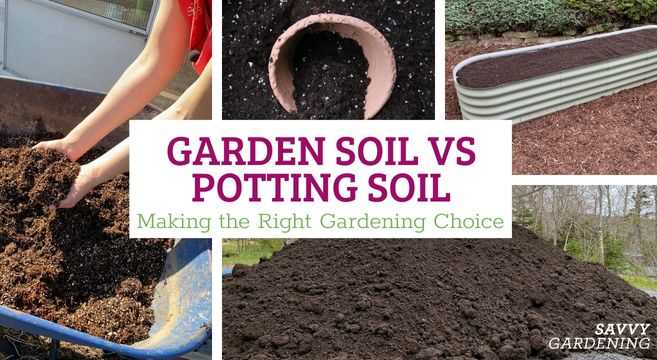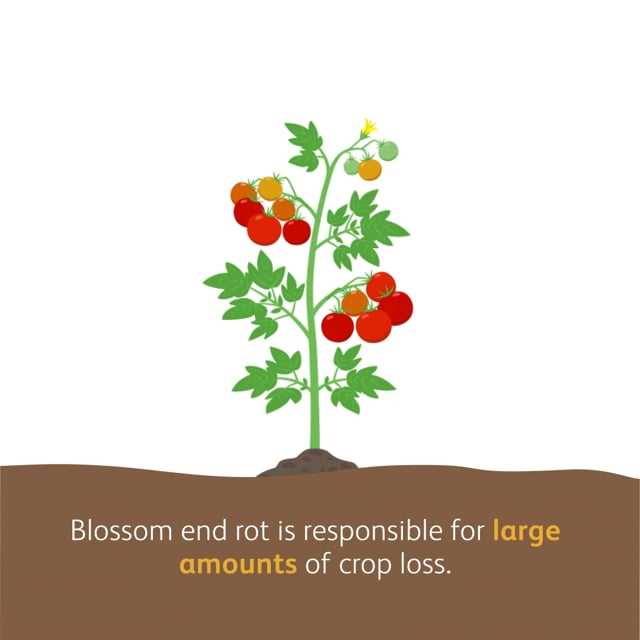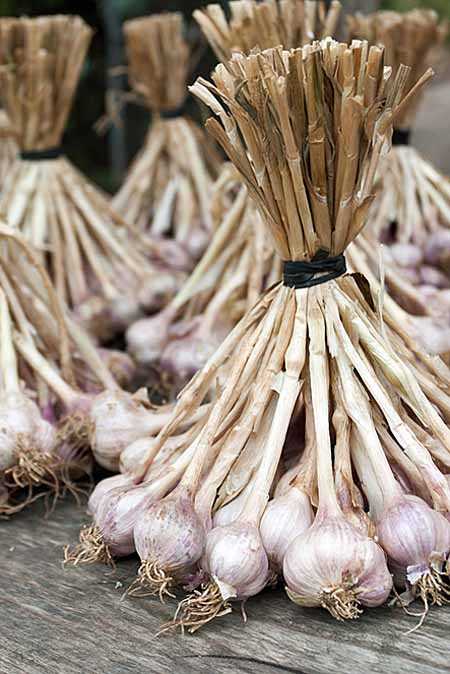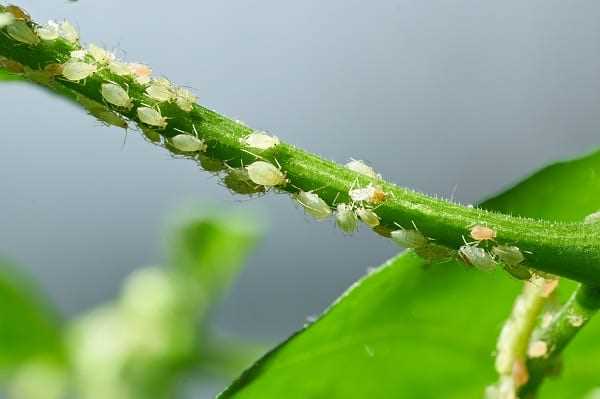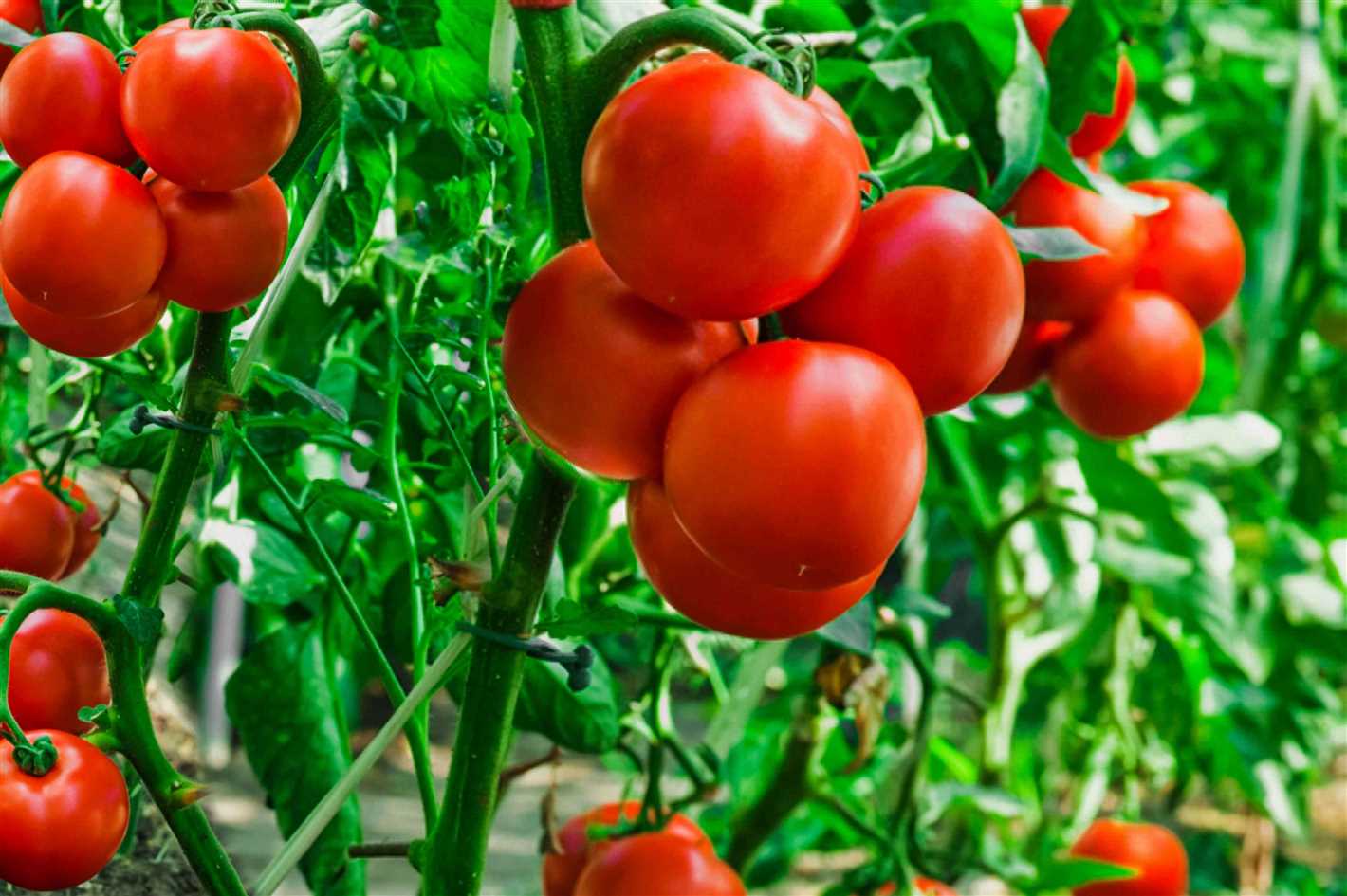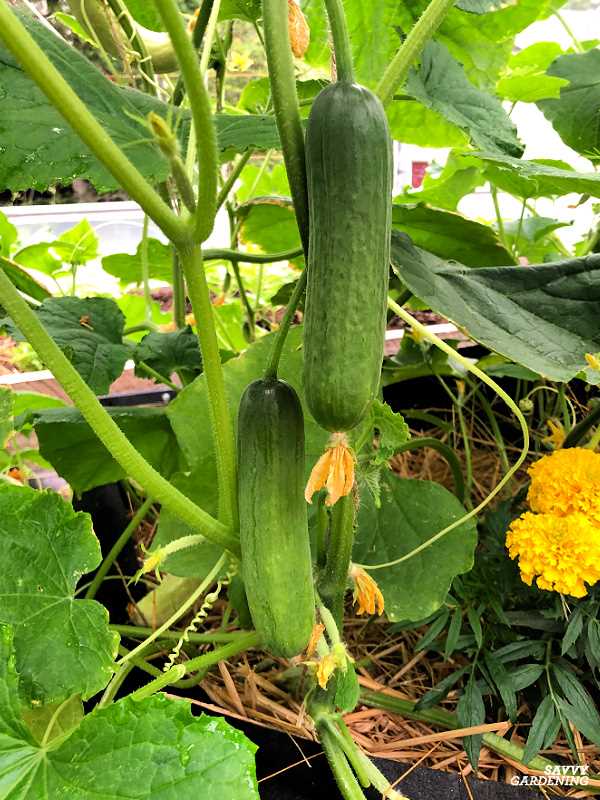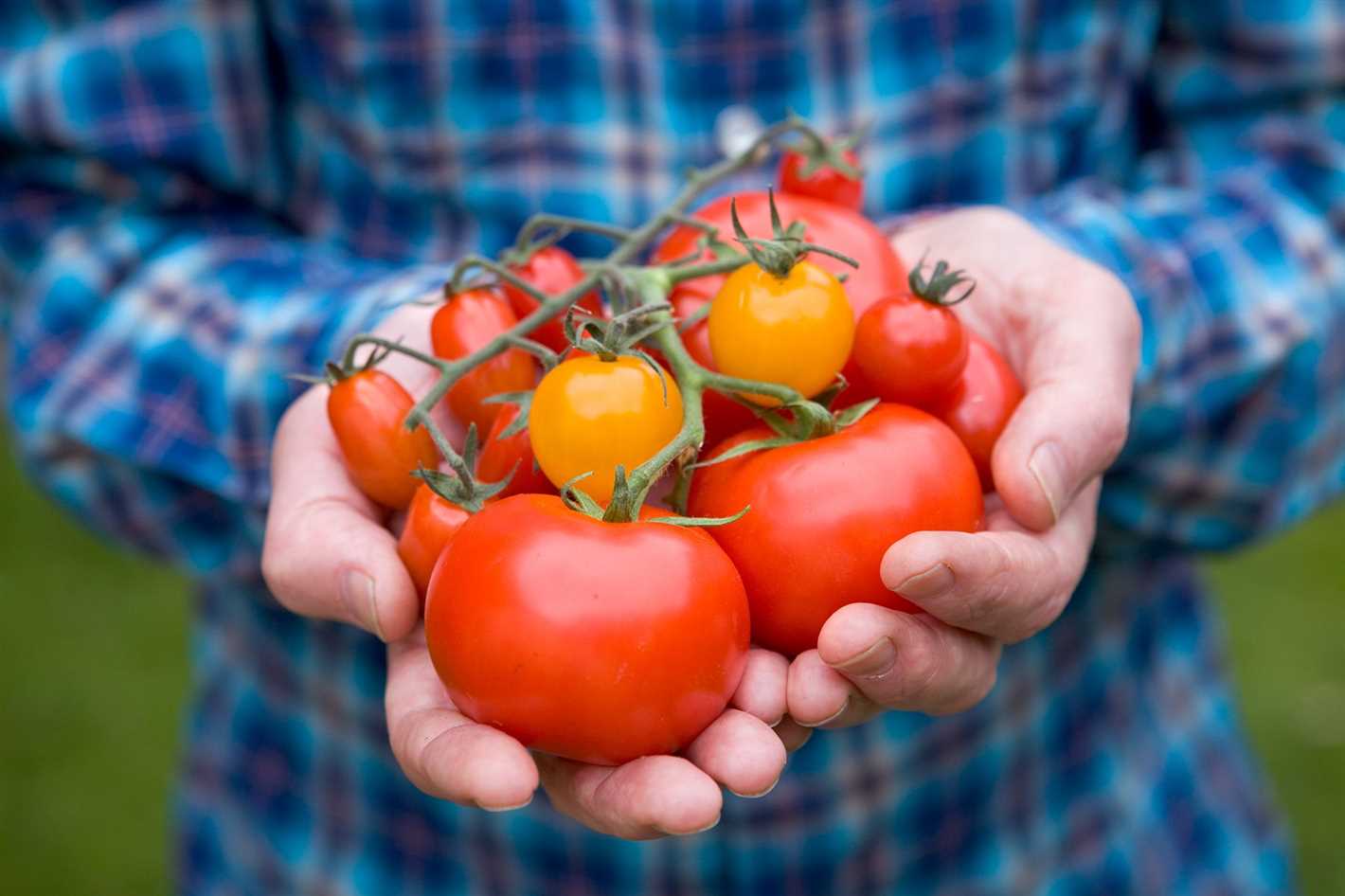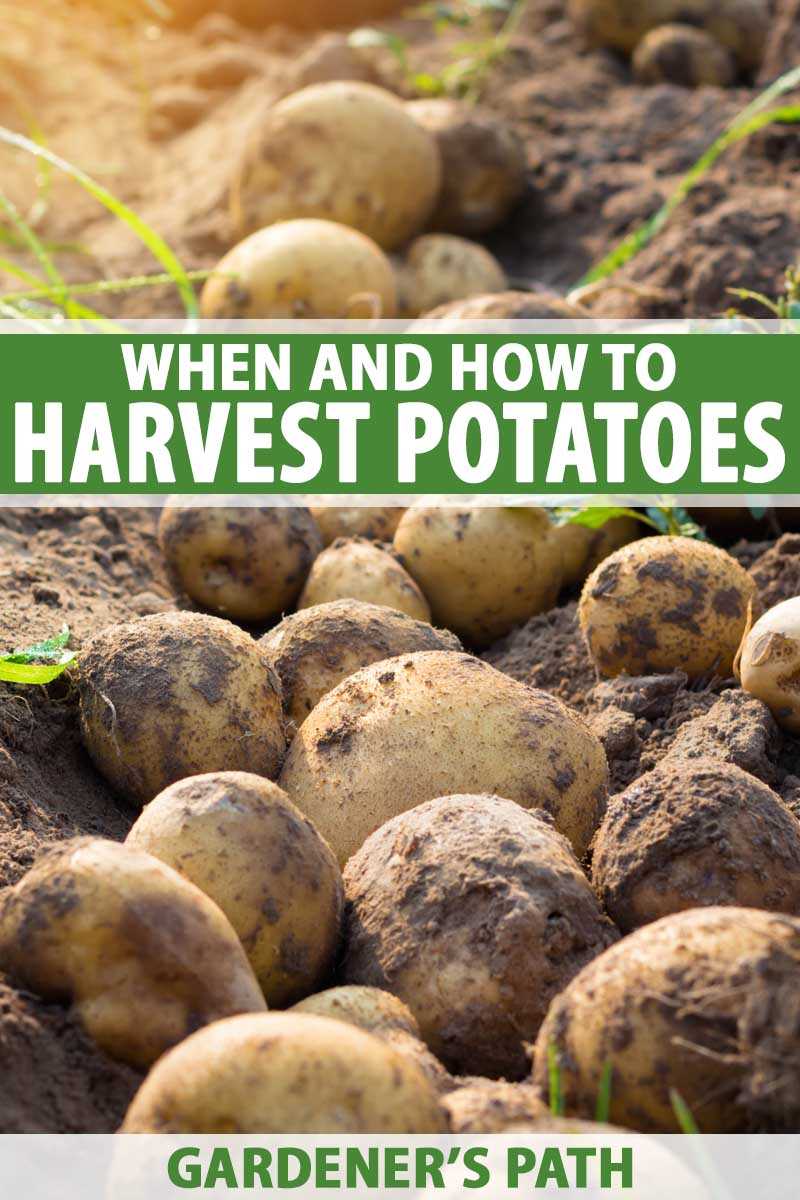- The Importance of Choosing the Right Seeds
- 1. Disease Resistance
- 2. Climate Adaptability
- 3. Yield and Flavor
- 4. Diversity
- 5. Sustainable Practices
- Selecting High-Quality Seeds
- Variety Selection
- Seed Purity
- Seed Germination Rate
- Seed Age
- Seed Storage Conditions
- Seed Treatment
- Price
- Choosing the Appropriate Seed Variety
- Understanding Seed Germination
- Considerations for Local Climate and Soil
- Climate
- Soil
- Local Expertise
- Benefits of Organic and Non-GMO Seeds
- 1. Environmental Sustainability
- 2. Health Benefits
- 3. Seed Saving and Traditional Farming Practices
- 4. Supporting Local Farms and Communities
- Planning for Succession Planting
- Benefits of Succession Planting
- Creating a Succession Planting Schedule
- Example Succession Planting Schedule
- Seed Storage and Longevity
- 1. Cool and Dry Environment
- 2. Dark Storage
- 3. Proper Labeling
- 4. Regular Monitoring
- 5. Seed Longevity
- Investing in Reliable Seed Sources
- 1. Quality Assurance
- 2. Variety Selection
- 3. Sustainable Farming
- 4. Expert Advice
- 5. Peace of Mind
- “Question-Answer”
- What is the importance of choosing the right seeds for a good harvest?
- How can I determine which seeds are the best for my specific needs?
- What are some common mistakes people make when choosing seeds?
- Are heirloom seeds better than hybrid seeds?
- Can I save and reuse seeds from my previous harvest?
- What are some signs of good seed quality?
- Are organic seeds better for the environment?
- “Video” Harvesting Sunflower Seeds! // Garden Answer
Choosing the right seeds is crucial for a bountiful harvest. Whether you are a seasoned gardener or just starting out, the quality of your seeds can make all the difference in the success of your garden. The right seeds will ensure that your plants grow strong and healthy, producing an abundance of fruits, vegetables, or flowers.
When selecting seeds for your garden, it is important to consider factors such as climate, soil conditions, and personal preferences. Different plants thrive in different environments, so it is essential to choose seeds that are suitable for your specific location. It is also important to choose seeds that are adapted to your soil type and pH level, as this will help promote optimal growth.
In addition to considering the environmental factors, it is also important to choose seeds that align with your personal preferences. Do you want to grow heirloom varieties that have been passed down for generations? Or perhaps you are interested in organic seeds that have been produced without the use of synthetic chemicals? Whatever your preferences may be, there are seeds available that cater to a variety of gardening philosophies.
Remember, investing in high-quality seeds is an investment in the future of your garden. By carefully selecting the right seeds, you can ensure that your plants have the best chance of survival and success. So take the time to research and choose your seeds wisely, and you will be rewarded with a bountiful harvest.
Whether you are growing vegetables, flowers, or herbs, the right choice of seeds is the key to a good harvest. So don’t underestimate the importance of this initial step in your gardening journey. Put in the effort to choose the right seeds, and you will be well on your way to a successful and rewarding gardening experience.
The Importance of Choosing the Right Seeds
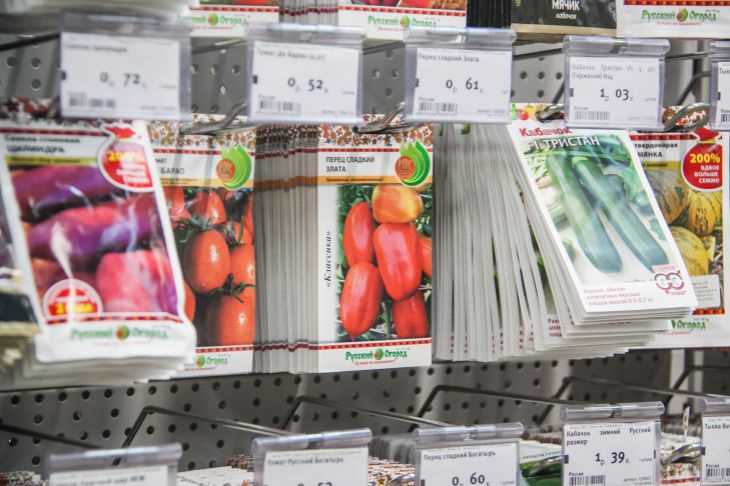
When it comes to gardening, one of the most important decisions you can make is choosing the right seeds. The type and quality of seeds you select will directly impact the success of your harvest. Here are some reasons why choosing the right seeds is crucial for a good yield:
1. Disease Resistance
Choosing seeds that have been bred for disease resistance is essential to protect your plants from common diseases. Disease-resistant seeds are specifically developed to have increased resistance to certain pathogens, ensuring better chances of survival and reducing the need for chemical pesticides.
2. Climate Adaptability
Each plant has specific climate requirements for optimal growth. By selecting seeds that are adapted to your local climate conditions, you increase the chances of successful germination and growth. Climate-adapted seeds can better tolerate temperature fluctuations, humidity levels, and other environmental factors.
3. Yield and Flavor
The right seeds can make a significant difference in the quantity and quality of your harvest. Some seed varieties have been specially bred to produce higher yields, meaning you can enjoy more abundant harvests. Additionally, certain seed varieties may have better flavor profiles, allowing you to savor the delicious taste of your homegrown produce.
4. Diversity
Choosing a diverse range of seeds can help create a more resilient garden ecosystem. Planting a variety of seeds adds biodiversity, which can deter pests, reduce the risk of crop failure, and improve overall soil health. It also provides a wider range of options for culinary exploration, as different plants offer unique flavors and culinary uses.
5. Sustainable Practices
Choosing seeds from organic, heirloom, or open-pollinated varieties promotes sustainable gardening practices. Organic seeds are grown without synthetic fertilizers or pesticides, reducing chemical exposure in your garden. Heirloom and open-pollinated seeds are non-hybrid varieties that can be saved and replanted, preserving traditional plant genetics and promoting seed diversity.
Remember, when selecting seeds for your garden, take into account factors like disease resistance, climate adaptability, yield and flavor, diversity, and sustainable practices. By choosing the right seeds, you set your garden up for success and increase your chances of a bountiful and rewarding harvest.
Selecting High-Quality Seeds
Choosing the right seeds is crucial for achieving a good harvest. High-quality seeds ensure that the resulting plants are strong, healthy, and productive. Here are some factors to consider when selecting seeds:
Variety Selection
Choose seeds from reputable suppliers that offer a wide variety of options. Selecting a variety that is well-suited to your growing conditions, climate, and soil type is key to success. Consider factors such as disease resistance, yield potential, and flavor when making your choice.
Seed Purity
Ensure that the seeds are pure and free from contamination. Look for suppliers that provide information about the genetic purity and germination rate of their seeds. Avoid purchasing seeds that have been mixed with other varieties or contaminated with weed seeds.
Seed Germination Rate
Check the germination rate of the seeds before making your purchase. A high germination rate ensures that a large percentage of the seeds will successfully sprout and grow into healthy plants. Look for seeds with a germination rate of at least 80%.
Seed Age
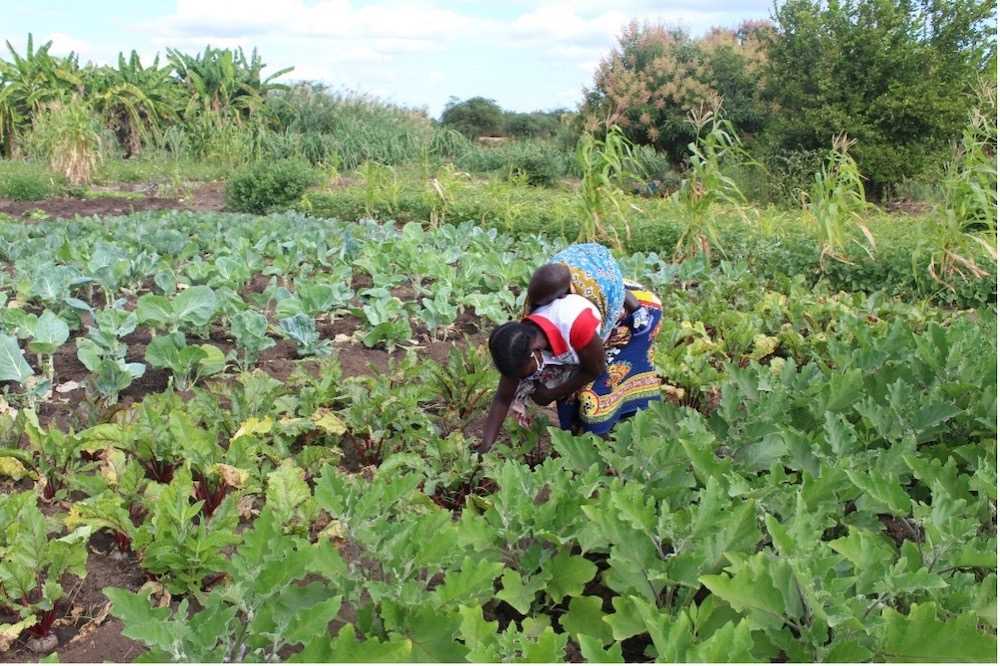
Fresh seeds have a higher likelihood of germinating successfully compared to older seeds. Check the date of production or the pack date to ensure that you are purchasing fresh seeds. Avoid seeds that are more than a year old, as their germination rate may decrease significantly.
Seed Storage Conditions
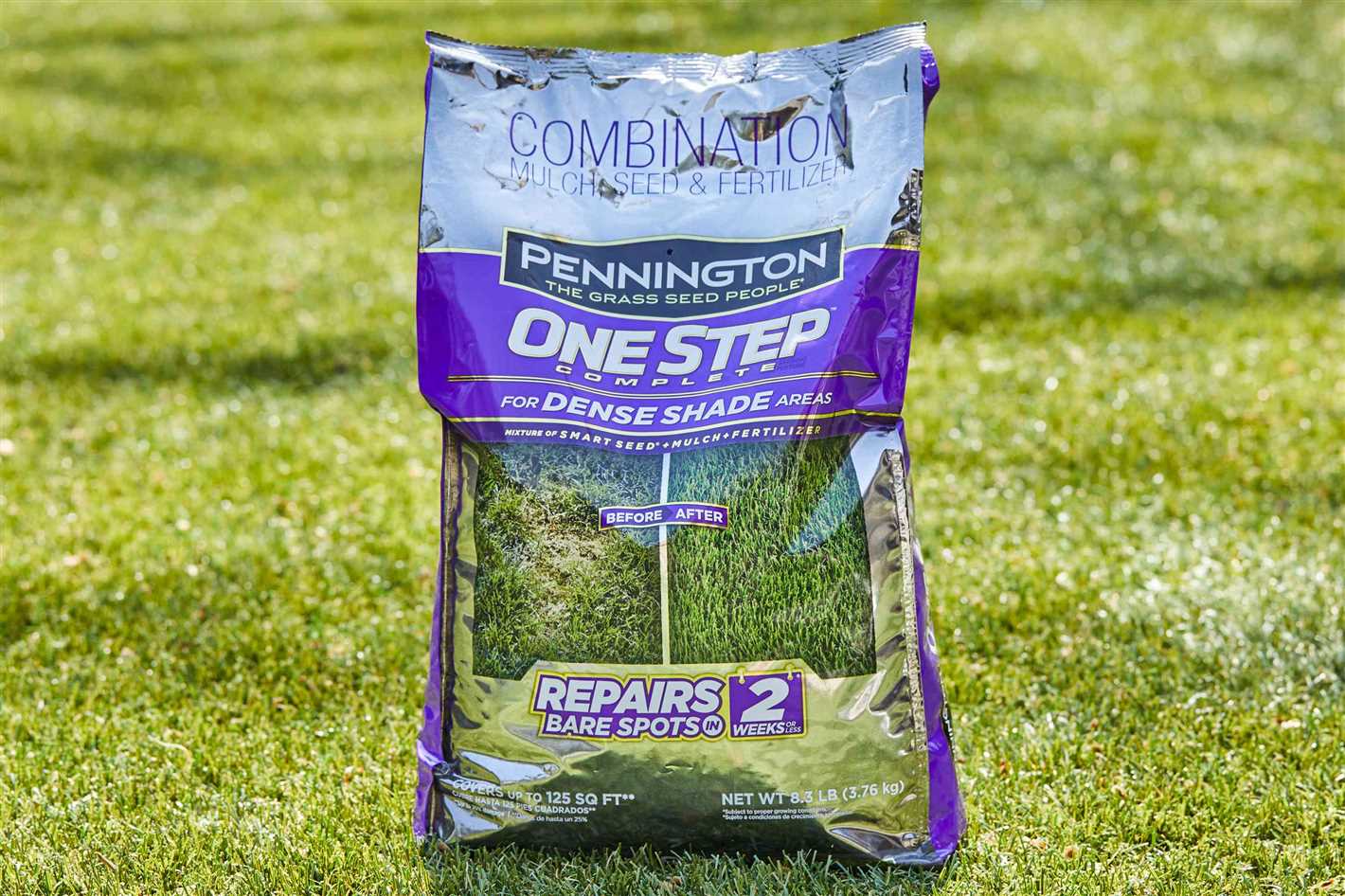
Seeds need to be stored properly to maintain their viability. Choose suppliers that store their seeds in cool, dry, and dark conditions. Poor storage conditions can decrease the germination rate and overall quality of the seeds.
Seed Treatment
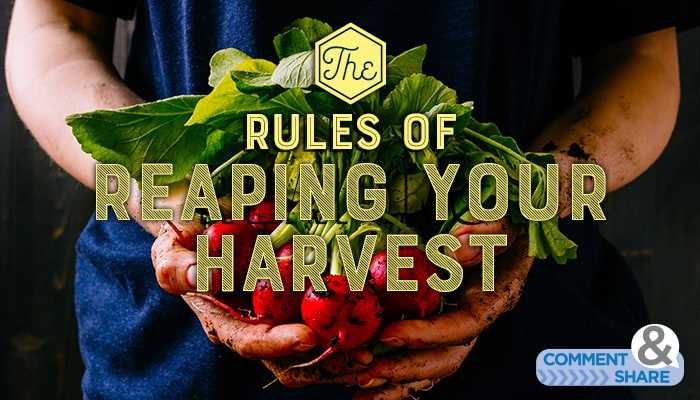
Sometimes seeds are treated with fungicides or insecticides to protect them from diseases and pests. While this can be beneficial, it is important to know if the seeds have undergone any treatment. Some gardeners prefer untreated seeds for organic gardening purposes.
Price
Consider the price of the seeds when making your selection. While high-quality seeds may be more expensive, they are often worth the investment. Cheaper seeds may not have undergone the same level of quality control and may result in lower yields or poor-quality plants.
By considering these factors and selecting high-quality seeds, you can ensure a successful harvest and enjoy the fruits of your labor. Happy gardening!
Choosing the Appropriate Seed Variety
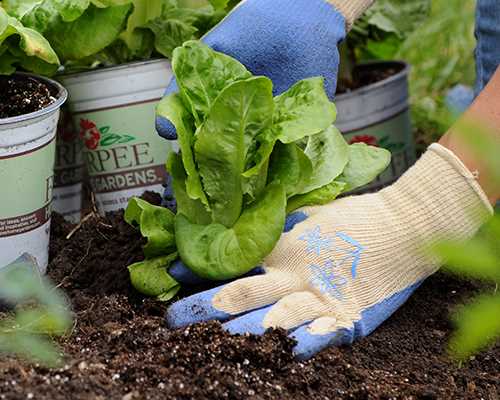
The success of your harvest largely depends on the choice of seed variety. The right seed variety can help you achieve a healthy and abundant crop, while the wrong choice can lead to disappointment and wasted effort.
When choosing seeds for your garden, consider the following factors:
- Climate: Different plants thrive in different climatic conditions. Take into account the average temperature, rainfall, and humidity of your region when selecting seeds.
- Soil Type: Soil composition can vary greatly depending on location. Some plants prefer sandy soil, while others thrive in clay or loamy soil. Choose seed varieties that are adapted to the soil type in your garden.
- Growing Season: The length of your growing season is an important factor to consider. Some plants require a long growing season, while others can be harvested quickly. Choose seeds that are suitable for the length of your growing season.
- Space: The size of your garden or the space available for planting can also influence your seed selection. Some plants require more space to grow and spread, while others can be planted closer together.
- Disease Resistance: Certain seed varieties are bred to be more resistant to common plant diseases. If you have had issues with specific diseases in the past, choosing disease-resistant seed varieties can help minimize the risk.
It’s also a good idea to consult local gardening experts, extension offices, or fellow gardeners who have experience in your area. They can provide valuable insights and recommendations on seed varieties that perform well locally.
Remember, choosing the right seed variety is an essential step towards a successful and bountiful harvest.
Understanding Seed Germination
Seed germination is the process by which a seed begins to grow and develop into a new plant. It is a critical stage in the life cycle of a plant, as it determines whether or not the seed will successfully produce a viable plant.
Germination begins when the seed absorbs water and swells. This triggers biochemical changes within the seed, resulting in the activation of enzymes that break down the stored nutrients inside the seed. These nutrients provide the energy and building blocks necessary for the growth of the young plant.
Several factors influence the germination of seeds:
- Water: Adequate moisture is essential for germination. Seeds need to absorb water to initiate the germination process. However, excessive water can lead to rotting or mold growth, so it’s important to provide the right amount of water.
- Temperature: Different seeds have different temperature requirements for germination. Some seeds prefer cooler temperatures, while others require warmth. It’s crucial to understand the temperature requirements of the seeds you are planting.
- Air: Oxygen is necessary for seed germination. It helps in the biochemical processes that break down stored nutrients. Proper soil aeration is crucial to ensure that the seeds receive adequate oxygen.
- Light: Some seeds require light for germination, while others need darkness. Light can also influence the direction of growth of young plants. It is important to follow the specific light requirements for each seed variety.
Germination times can vary depending on the seed type and environmental conditions. Some seeds germinate within a few days, while others may take weeks or even months to sprout. It’s important to be patient and provide the necessary conditions for germination.
By understanding the process of seed germination and providing the right conditions for your seeds, you can ensure higher germination rates and ultimately increase your chances of a successful harvest.
Considerations for Local Climate and Soil
When choosing seeds for your garden, it is important to consider the specific climate and soil conditions of your local area. Different plants have different requirements for sunlight, temperature, rainfall, and soil type, so it is crucial to choose seeds that will thrive in your particular environment.
Climate
The climate of your region plays a major role in determining which plants will grow well and produce a good harvest. Some plants, such as tomatoes and peppers, require warm temperatures and do not tolerate frost, while others, like lettuce and spinach, prefer cooler conditions. Consider the average temperatures and the length of your growing season when selecting seeds.
In addition to temperature, the amount and timing of rainfall in your area should be taken into account. Certain plants, like corn and pumpkins, require a lot of water, while others, such as cacti and succulents, can tolerate drought conditions. Be sure to choose seeds that are suitable for the amount of rainfall you typically receive.
Soil
The characteristics of your soil, such as its pH level, nutrient content, and drainage capacity, are essential factors to consider when choosing seeds. Some plants, like blueberries and azaleas, thrive in acidic soil, while others, such as potatoes and carrots, prefer neutral or slightly alkaline soil.
If your soil is heavy and clay-like, it may not drain well and can become waterlogged, leading to root rot. In this case, you may need to select seeds that are more tolerant of wet conditions. On the other hand, if your soil is sandy and drains quickly, you may need to choose seeds that are more drought-tolerant.
It is also important to assess the fertility of your soil and its nutrient content. Some plants, like beans and peas, are nitrogen-fixing and can improve the fertility of the soil, while others may require additional amendments such as compost or fertilizer.
Local Expertise
When in doubt, it is always a good idea to seek advice from local gardening experts or extension services in your area. They can provide valuable insights and recommendations based on their knowledge of the local climate and soil conditions. They may also be able to suggest specific varieties or hybrids that are well-suited to your region.
<
Benefits of Organic and Non-GMO Seeds
When it comes to choosing seeds for your garden, there are several options to consider. Organic and non-GMO seeds offer a range of benefits that can contribute to a successful and sustainable harvest. Here are some of the key advantages of using organic and non-GMO seeds:
1. Environmental Sustainability
- Organic and non-GMO seeds are produced without the use of synthetic fertilizers, pesticides, or genetically modified organisms.
- This helps preserve soil health, maintain biodiversity, and minimize pollution.
- By choosing these seeds, you are contributing to a more sustainable and ecologically-friendly agricultural system.
2. Health Benefits
- Organic and non-GMO seeds are grown using natural methods, avoiding the use of chemicals that can be harmful to human health.
- They do not contain genetically modified traits, which have raised concerns about potential health risks.
- By consuming crops grown from these seeds, you can reduce your exposure to harmful chemicals and potentially enjoy greater nutritional benefits.
3. Seed Saving and Traditional Farming Practices
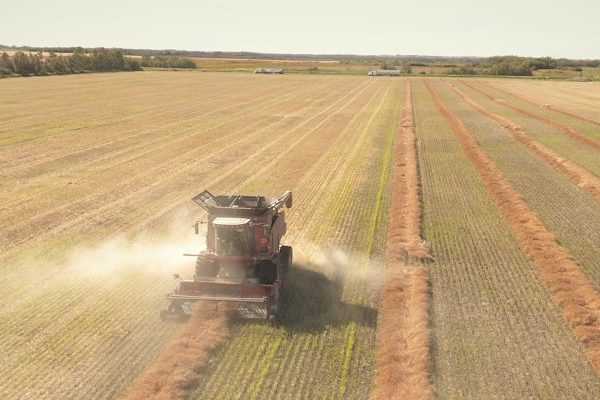
- Organic and non-GMO seeds are often Open-Pollinated (OP) varieties, which means they can be saved and replanted in subsequent seasons.
- This allows farmers and gardeners to maintain biodiversity, preserve traditional farming practices, and reduce dependency on commercial seed companies.
- By using these seeds, you can participate in the age-old tradition of seed saving, helping to safeguard our food system’s diversity.
4. Supporting Local Farms and Communities
- Many organic and non-GMO seed producers are small-scale, local farmers.
- By purchasing their seeds, you can support local agriculture and help sustain rural communities.
- Choosing these seeds also promotes a fair and transparent food system that prioritizes sustainability and the well-being of farmers.
By opting for organic and non-GMO seeds, you are not only making a choice for your immediate garden’s health and productivity, but also supporting a broader movement towards a more sustainable and resilient food system.
Planning for Succession Planting
Succession planting is a technique that allows you to maximize your harvest by planting crops in intervals, rather than all at once. By staggering your plantings, you can ensure a continuous supply of fresh vegetables throughout the growing season.
Benefits of Succession Planting
There are several benefits to using succession planting:
- Extended Harvest: Succession planting allows you to spread out your harvest over a longer period of time. This means you can enjoy fresh produce for a longer season.
- Maximized Space: With succession planting, you can make the most of your garden space. As soon as one crop is harvested, you can immediately replace it with a new planting.
- Reduced Risk: Succession planting can help you manage potential risks, such as pests, diseases, and extreme weather conditions. If one planting is affected, you still have other crops at different stages of growth.
Creating a Succession Planting Schedule
When planning your succession planting schedule, consider the following:
- Growing Season Length: Determine the length of your growing season to determine how many successive plantings you can make.
- Maturity Time: Know the average time for each crop to mature. This will help you determine the optimal intervals for making successive plantings.
- Harvest Window: Consider how long each crop will be in harvest before it starts to decline in quality. This will help you determine when to make the next planting.
- Plant Rotation: It’s important to rotate your crops to minimize disease and pest problems. Plan your succession plantings accordingly to ensure proper crop rotation.
Example Succession Planting Schedule
Here is an example succession planting schedule for a 12-week growing season:
| Week | Planting |
|---|---|
| 1 | Lettuce |
| 3 | Radishes |
| 5 | Cucumbers |
| 7 | Carrots |
| 9 | Green Beans |
| 11 | Spinach |
In this example, lettuce is planted in the first week, followed by radishes in the third week, and so on. By the time the last crop, spinach, is harvested in the 12th week, the lettuce will have already been harvested and the space can be replanted with a new crop.
By implementing succession planting in your garden, you can ensure a steady supply of fresh vegetables and make the most of your gardening space and resources.
Seed Storage and Longevity
Proper seed storage is crucial for maintaining the longevity and viability of seeds. If seeds are not stored correctly, they may lose their ability to germinate, resulting in poor or failed harvests. Here are some important tips for storing seeds:
1. Cool and Dry Environment
To ensure the longevity of seeds, they should be stored in a cool and dry environment. High temperatures and humidity can reduce the viability of seeds. The ideal storage temperature for most seeds is around 40°F (4°C) with a humidity level of 30-40%. It is recommended to store seeds in airtight containers or bags to protect them from moisture and pests.
2. Dark Storage
Light can also affect the viability of seeds, especially for light-sensitive seeds. It is best to store seeds in a dark place to prevent exposure to light. This can be achieved by using opaque containers or storing them in a dark room or cabinet. Avoid using clear plastic bags or containers that allow light to pass through.
3. Proper Labeling
It is important to label your stored seeds properly to avoid confusion. Use waterproof markers or labels to write down the seed type, variety, and date of storage. This will help you keep track of the seeds and ensure that you use them before their expiration date.
4. Regular Monitoring
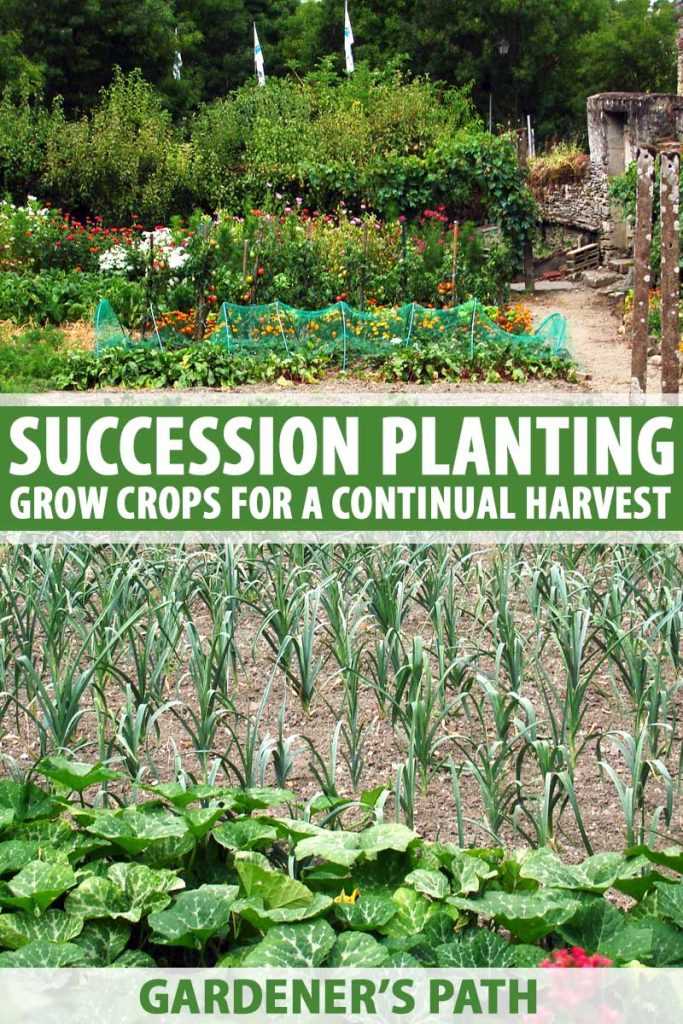
Regularly monitoring your stored seeds is essential to check for any signs of mold, pests, or moisture. Inspect the seeds for any changes in color, texture, or smell. If you notice any abnormalities, discard the affected seeds to prevent contamination.
5. Seed Longevity
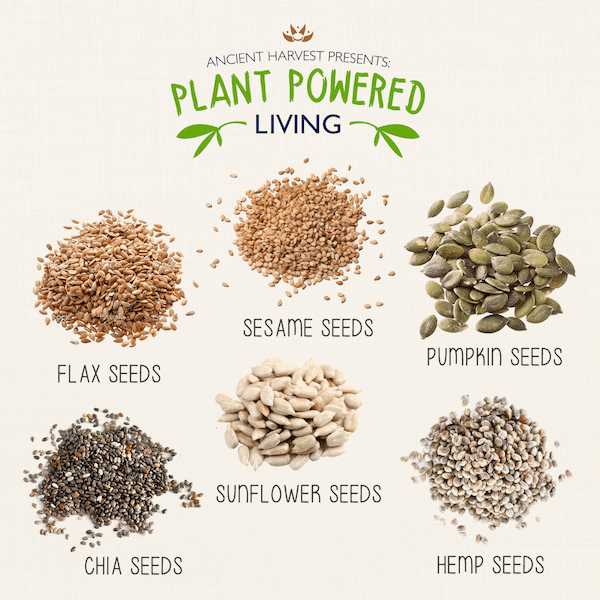
The longevity of seeds varies depending on the plant species and the storage conditions. Some seeds can remain viable for a few years, while others can last for decades. It is recommended to use fresh seeds whenever possible as they have a higher germination rate. However, if you need to store seeds for a longer period, follow the storage guidelines mentioned above.
By following these tips, you can ensure that your stored seeds remain viable and ready for planting. Proper seed storage will ultimately contribute to a successful and bountiful harvest.
Investing in Reliable Seed Sources
When it comes to cultivating a successful garden, investing in reliable seed sources is essential. Choosing the right seeds can mean the difference between a bountiful harvest and a disappointing yield. Here are some reasons why it’s important to invest in reliable seed sources for your garden:
1. Quality Assurance
Reliable seed sources ensure that you are getting high-quality seeds. These seeds have been tested and proven to have a high germination rate. This means that a greater percentage of the seeds you plant will successfully grow into healthy plants. High-quality seeds also tend to produce better yields and more disease-resistant plants.
2. Variety Selection
Investing in reliable seed sources gives you access to a wide variety of seeds. You can choose from different types of plants, including heirloom and rare varieties. This allows you to grow a diverse range of crops and experiment with new flavors and colors in your garden. With reliable seed sources, you can also be confident that the variety you choose will be true to its description.
3. Sustainable Farming
Choosing reliable seed sources is an investment in sustainable farming practices. Some seed companies prioritize organic and sustainable methods when producing their seeds. By supporting these companies, you contribute to the growth of environmentally-friendly agriculture. This promotes biodiversity, reduces the use of harmful chemicals, and supports the long-term health of the soil and ecosystem.
4. Expert Advice
Reliable seed sources often provide valuable information and advice to help you succeed in your gardening endeavors. They may offer tips on seed starting, soil preparation, and plant care. Some companies even have knowledgeable customer service teams that can answer your specific gardening questions. This support can be invaluable, especially for beginners or those trying a new plant variety.
5. Peace of Mind
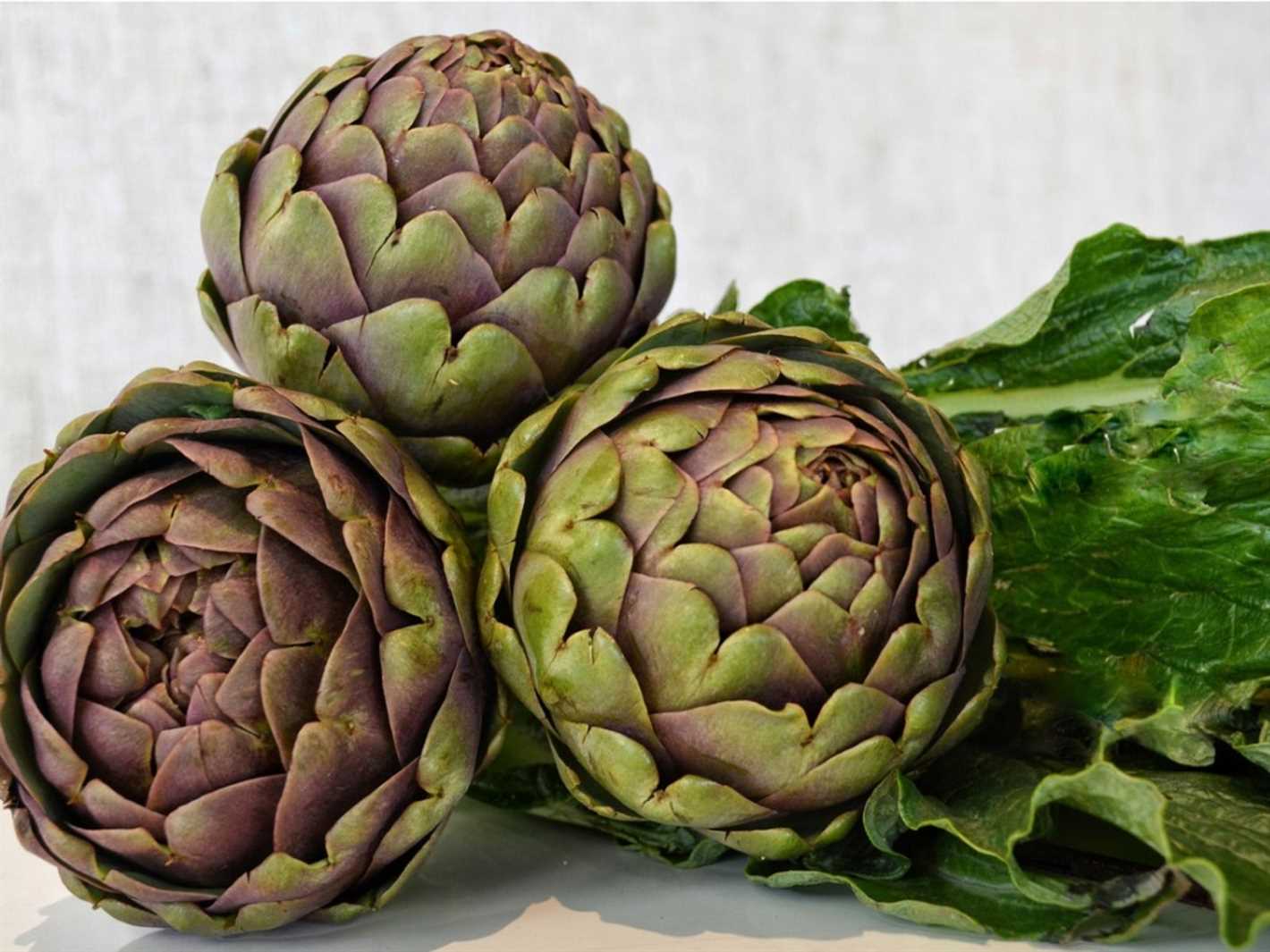
Investing in reliable seed sources gives you peace of mind. You can trust that the seeds you receive are of good quality and have been produced ethically. This confidence allows you to focus on nurturing your plants and enjoying the gardening process, knowing that you have made a wise investment in the success of your garden.
By investing in reliable seed sources, you set yourself up for a successful gardening experience. You can be confident in the quality of your seeds, have access to a wide variety of plants, support sustainable farming practices, receive expert advice, and enjoy peace of mind throughout the growing season.
“Question-Answer”
What is the importance of choosing the right seeds for a good harvest?
Choosing the right seeds is crucial for a successful harvest because the quality of the seeds directly affects the yield and the overall health of the plants.
How can I determine which seeds are the best for my specific needs?
Determining the best seeds for your needs involves considering factors such as climate, soil conditions, desired crop qualities, and personal preferences. It’s best to consult with local experts or agricultural extension offices for guidance.
What are some common mistakes people make when choosing seeds?
Some common mistakes people make when choosing seeds include not considering the specific requirements of the plants, relying solely on price rather than quality, and not doing enough research on different seed varieties.
Are heirloom seeds better than hybrid seeds?
Heirloom seeds and hybrid seeds both have their advantages and disadvantages. Heirloom seeds are open-pollinated and offer genetic diversity, while hybrid seeds are bred for specific traits. The choice between them depends on the grower’s goals and preferences.
Can I save and reuse seeds from my previous harvest?
Saving and reusing seeds from your previous harvest can be a cost-effective option, but it’s important to ensure the seeds are properly stored and tested for viability. Some plants, especially hybrids, do not produce stable offspring from saved seeds.
What are some signs of good seed quality?
Some signs of good seed quality include uniform size and shape, absence of damage or disease, high germination rate, and proper labeling with relevant information about the variety, year of production, and viability.
Are organic seeds better for the environment?
Organic seeds are cultivated without synthetic chemicals or genetically modified organisms, making them a better choice for environmental sustainability. However, the success of the crop also depends on other organic farming practices.
